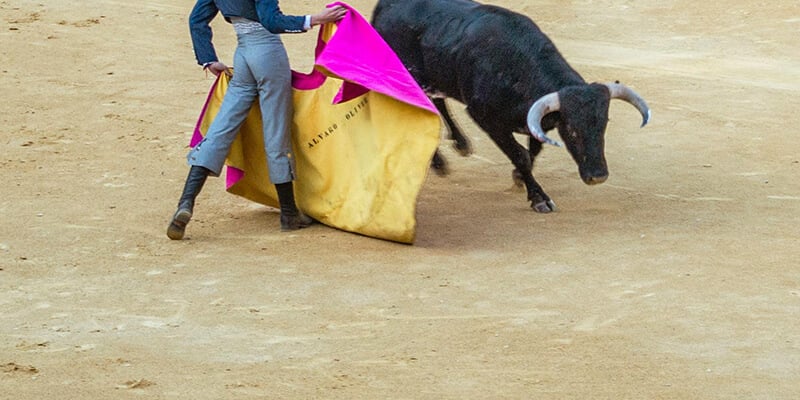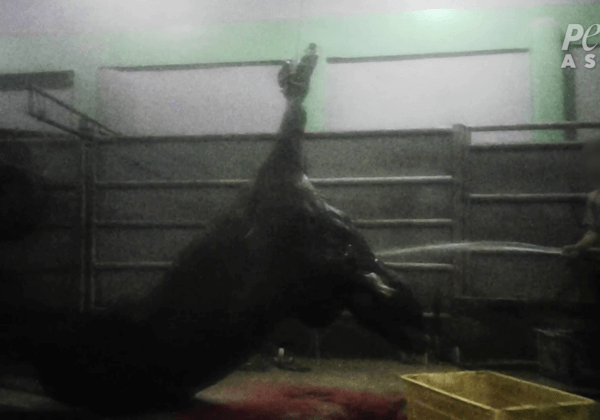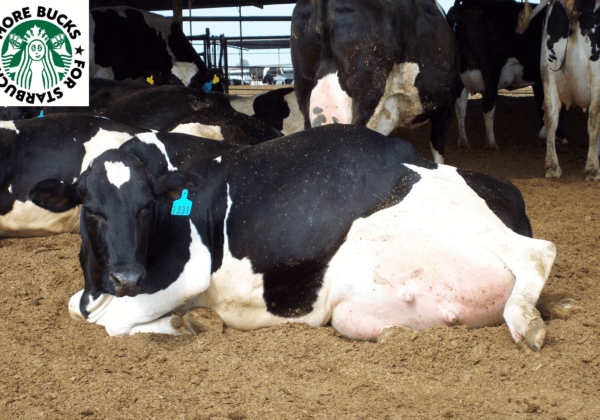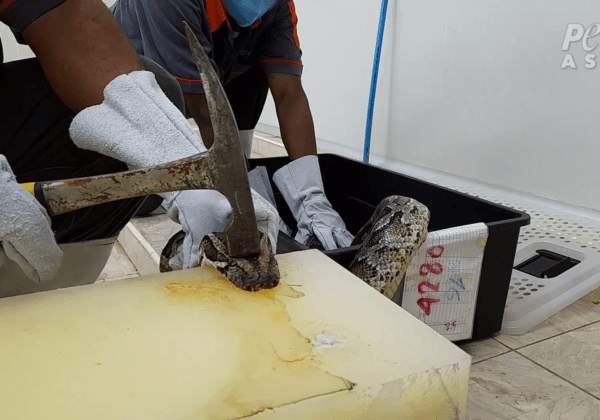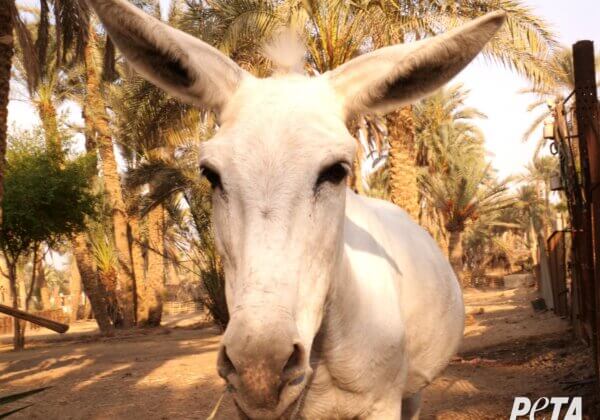Just an Expression?
 There are so many expressions we use daily that refer to animals. Some of them have obvious origins, but others are a little less clear!
There are so many expressions we use daily that refer to animals. Some of them have obvious origins, but others are a little less clear!
“Straight from the horse’s mouth” is thought to have come from the racing industry, referring to a tip from a reliable source who would know the recent form of a horse and advise as to the chances of a win. Of course, no tip would actually come straight from a horse’s mouth—and if horses used in racing could talk, they would no doubt request an end to their abuse!
Although its origin is unclear, the use of the saying “the early bird catches the worm” has been documented from as early as 1670. This saying would appear to have a factual basis; it seems logical that the first bird on the scene would get the worm in question! But whether the early bird really does catch the worm (or more worms or bigger or better worms) is as yet unproven.
One of my least favorite expressions is “there’s more than one way to skin a cat,” taken to mean that there is more than one way to achieve a desired result. This saying has been adapted over time, and an earlier version of it—”there are more ways of killing a cat than choking it with cream”—can be found in a novel published in 1855. There seems to be no real relevance to the choice of animal or torture method with this expression, making it simply an unpleasant saying that persists over time despite making little sense.
The earliest known version of the saying “you can’t teach an old dog new tricks” comes from 1523 and reads, “The dogge must lerne it, whan he is a whelpe, or els it will not be: for it is harde to make an olde dogge to stoupe. ” This is slightly less catchy then the modern version, but neither is correct, as many old dogs have proved that they can indeed learn new skills (if a little slower than their puppy counterparts!).
My last expression to investigate is “a leopard can’t change his spots,” taken to mean that you cannot change what is a part of your nature. This expression actually originates from the King James Bible, where it is used to refer to a person who is born evil and unable to do good. This is an interesting one because while a leopard honestly can’t change his spots, we as human beings can choose to change the way we live and the things that we do—which is no doubt where the expression “a change of heart” comes from.
So come on, guys—let’s show the world that leopards can change their spots. Use the freedom of personal choice that we have to make life better for nonhuman animals who don’t have the same choices. Take the pledge to be vegetarian and save 100 animals every year.
Posted by Claire Fryer




